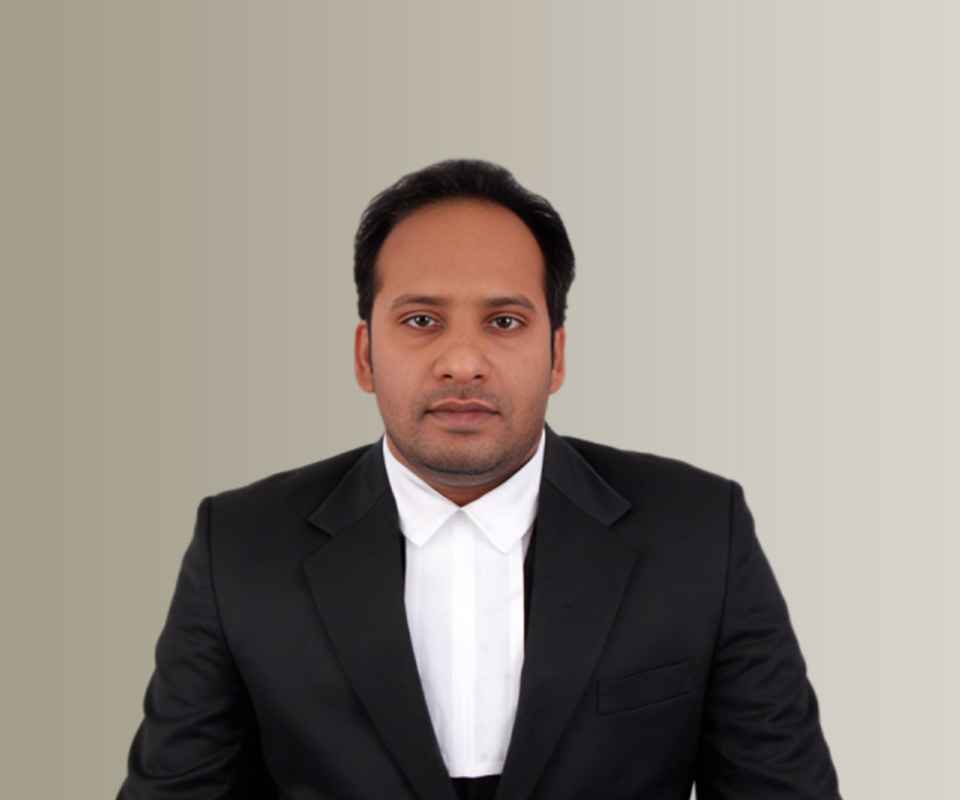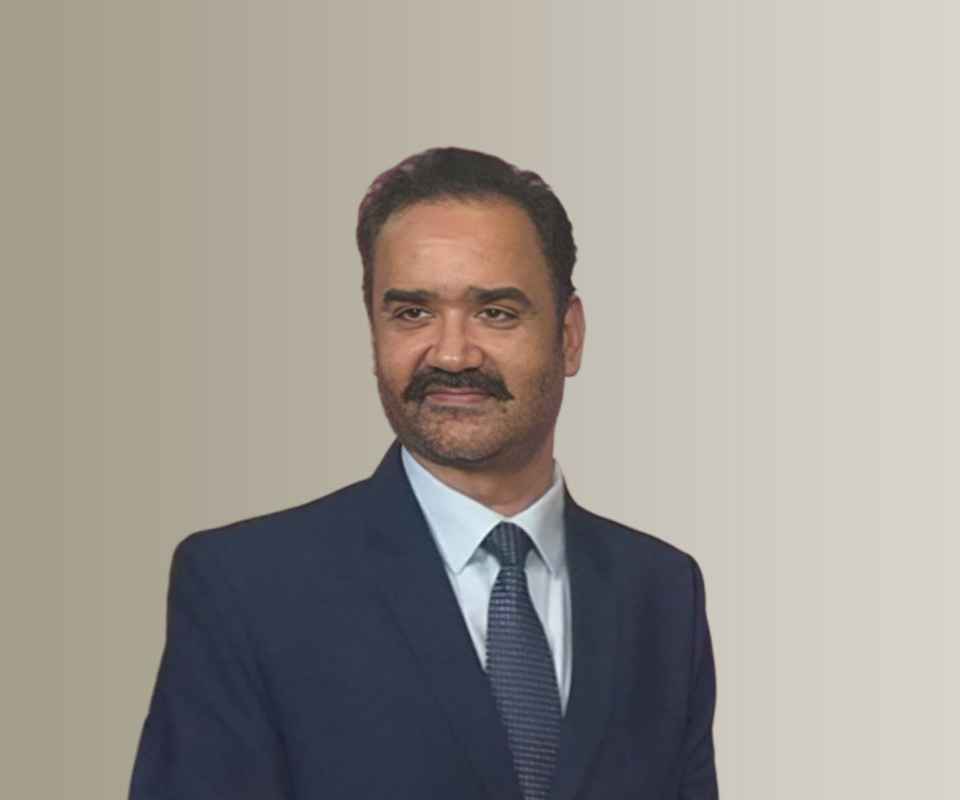Answer By law4u team
In India, the concept of a living will, or advance directive, is recognized but not fully integrated into the legal framework. While there is growing awareness about end-of-life care and patient autonomy, the legal enforceability of living wills is still evolving. The law surrounding living wills in India was clarified in recent years through court decisions, but there are still legal complexities to consider.
Legal Enforceability of a Living Will in India:
Supreme Court Judgment (2018):
In a landmark ruling in 2018, the Supreme Court of India recognized the legality of passive euthanasia and allowed the creation of a living will or advance directive. The court held that individuals have the right to refuse life-sustaining medical treatment if they are terminally ill and unable to recover, as long as they have clearly expressed their wishes through a valid living will.
The judgment also provided a framework for implementing advance directives in India, outlining strict safeguards to prevent abuse. The court emphasized the importance of ensuring that the patient’s wishes are genuine and that the decision to withdraw life support is made with medical consensus.
Conditions for Enforceability:
- Clear and Voluntary Consent: The living will must be made by the individual voluntarily, with a clear understanding of its consequences. The person must be of sound mind at the time of making the will.
- Medical Supervision: The living will must be reviewed by a medical board or a panel of doctors who confirm that the patient is indeed in a terminal condition with no chances of recovery. The decision to withdraw life support must be made in accordance with medical opinion.
- Witnesses: The living will should be witnessed by at least two independent individuals to prevent any doubts about the authenticity of the document.
Implementation of Living Wills:
The Supreme Court allowed for the creation of a living will, but it emphasized that such decisions could only be implemented when a patient is in a vegetative state or terminally ill, with no hope of recovery. This ensures that the will is not abused or used in situations where recovery is possible.
Medical Oversight:
A living will cannot be acted upon unless the medical team, including doctors, verifies the patient's medical condition and confirms that there is no chance of recovery. If these conditions are met, the medical team, with the consent of the patient’s family, may proceed to withdraw life-sustaining treatment.
Living Will vs. Active Euthanasia:
It is important to note that the Supreme Court's judgment only legalized passive euthanasia in the form of a living will, where life-sustaining treatment can be withdrawn. Active euthanasia, where a doctor actively administers a lethal dose to end life, remains illegal in India.
Passive euthanasia allows for a dignified death when life support is withdrawn, but it does not involve any active intervention to cause death.
Practical Implications of a Living Will in India:
Awareness and Acceptance:
While the legal framework is in place, awareness about living wills remains limited in India. Many people are still unaware of their right to create an advance directive, and cultural factors often make it difficult to discuss end-of-life decisions.
The social stigma surrounding discussions about death and dying also contributes to the low adoption rate of living wills.
Documentation and Legal Formalities:
To be legally enforceable, a living will in India must follow specific formalities. The document should be in writing, clearly stating the person’s wishes regarding medical treatment and end-of-life care.
It must be signed by the individual, witnessed by at least two people, and in some cases, notarized. Additionally, it should be registered with a medical institution or available to the family and healthcare providers to ensure it can be accessed when needed.
Challenges in Implementation:
The implementation of living wills may face challenges due to bureaucratic hurdles or lack of understanding among healthcare providers and families. In some cases, family members may not agree with the patient’s wishes, leading to legal conflicts or delays in implementation.
Additionally, doctors may hesitate to act on a living will due to concerns about legal liability or the fear of being involved in a controversial case.
Example:
Ravi, a terminally ill patient in India, decides to create a living will stating that he does not want life-sustaining treatment if he falls into a vegetative state with no hope of recovery. Ravi’s will is signed, witnessed by two individuals, and registered with his doctor. Several months later, Ravi becomes unconscious due to his illness, and the medical board confirms that there is no hope for recovery. Based on Ravi’s living will, the medical team, with the consent of his family, withdraws life support, allowing Ravi to pass away naturally.
Conclusion:
In India, while a living will is legally recognized, it is subject to strict conditions and safeguards to ensure that it is implemented in the right circumstances. The legal recognition of living wills is a positive step toward respecting patient autonomy, but challenges remain in terms of awareness, documentation, and practical implementation. It is essential for individuals to seek legal and medical advice when creating a living will to ensure that their wishes are properly documented and enforceable.







